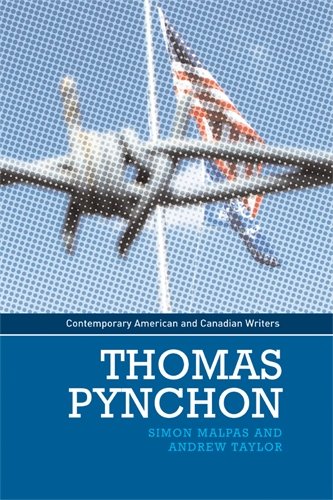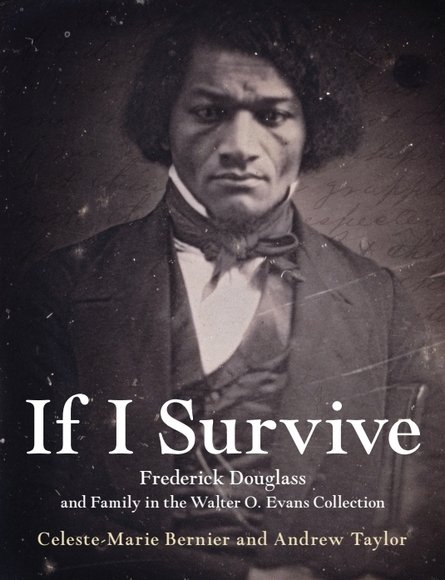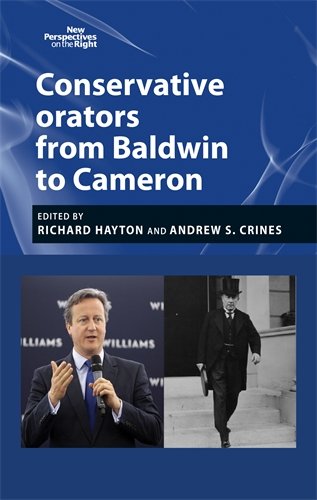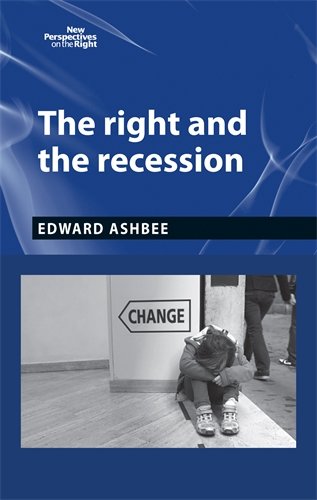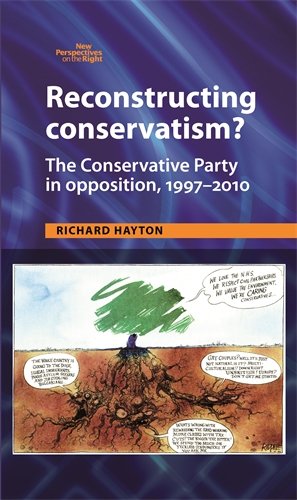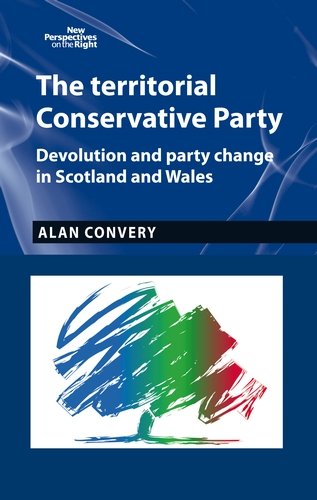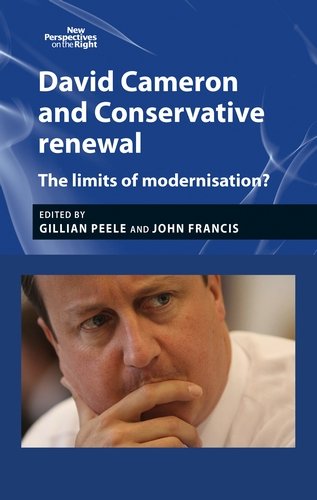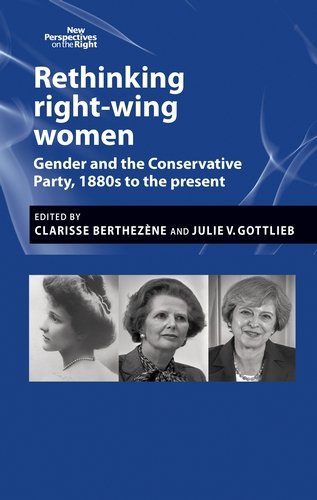What about the workers?
The Conservative Party and the organised working class in British politics
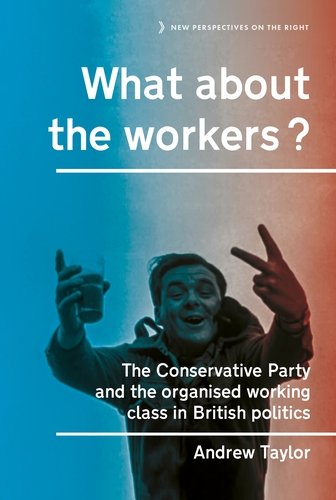
What about the Workers? explores the long-term relationship between the Conservative Party, trade unions and the organised working class. It focuses on the question of why the Conservative Party for much of its history sought to accommodate the unions and why in the 1970s and 1980s it adopted a policy of excluding the unions.
The relationship between the Conservative Party and the organised working class is fundamental to the making of modern British politics. Industrialisation and urbanisation saw the emergence of democracy and class politics, symbolised by the development of trade unions, which assumed growing political significance. At the book's core is a puzzle: why, throughout its history, was the Conservative Party seemingly accommodating towards the organised working class? And why, in the space of a relatively few years in the 1970s and 1980s, did it abandon this heritage? In addressing these questions, the book argues that throughout its history the Conservative Party has faced a broad strategic choice with respect to the organised working class of either exclusion or inclusion. For much of its history, party leaders calculated that despite skepticism and hostility from the party, they had more to gain from inclusion. Notwithstanding, the organised working class was always regarded with suspicion.

Andrew Taylor is Emeritus Professor of Politics at the University of Sheffield


